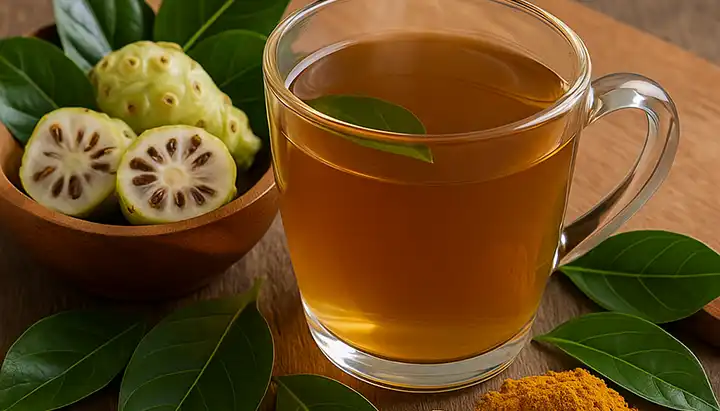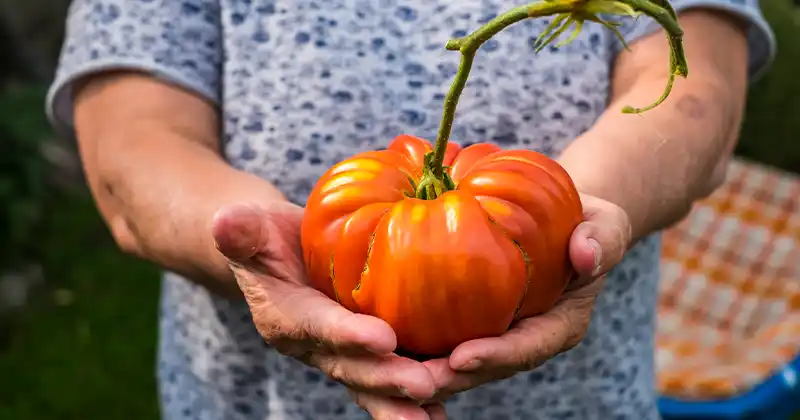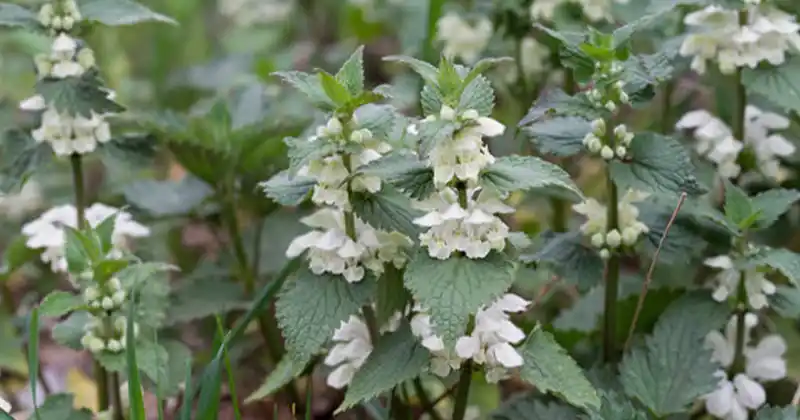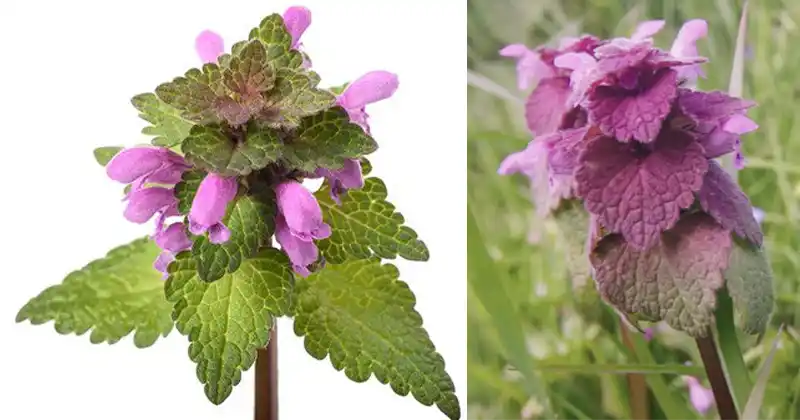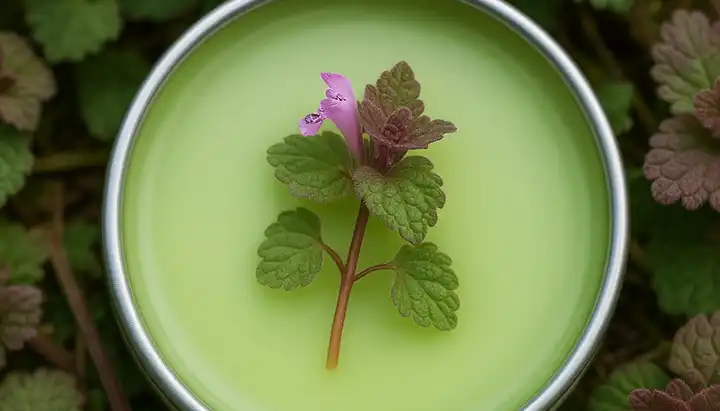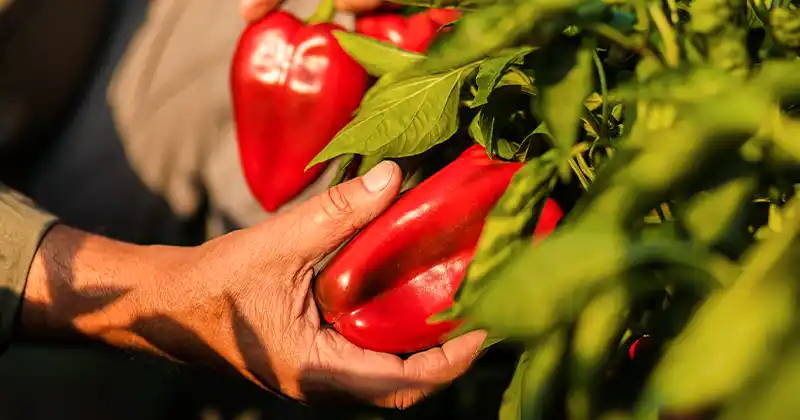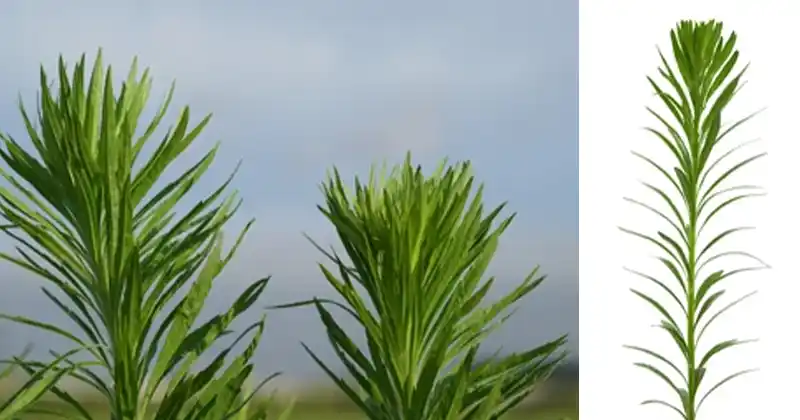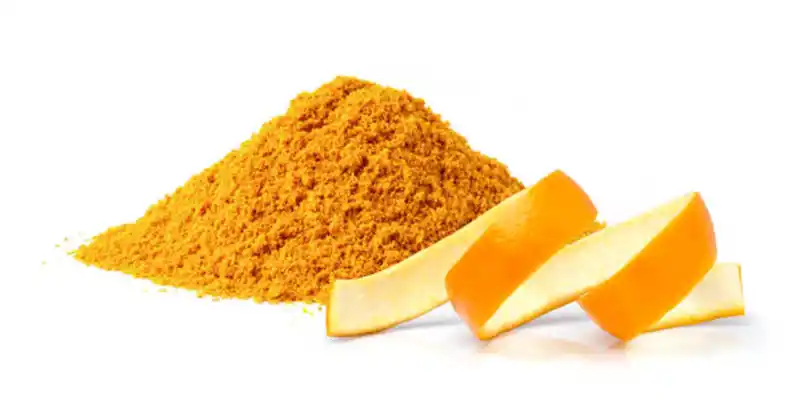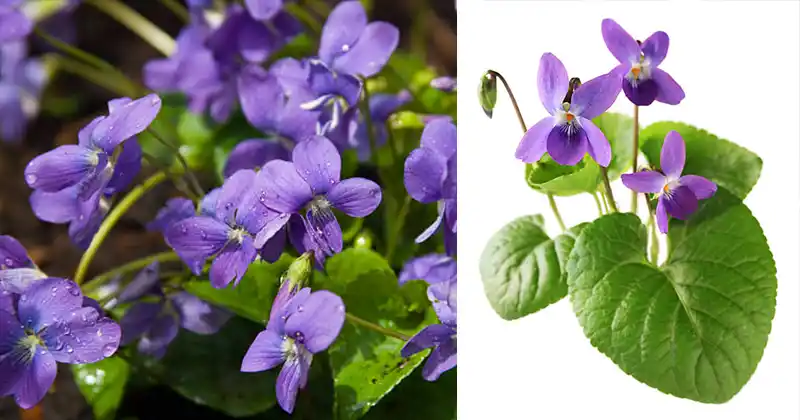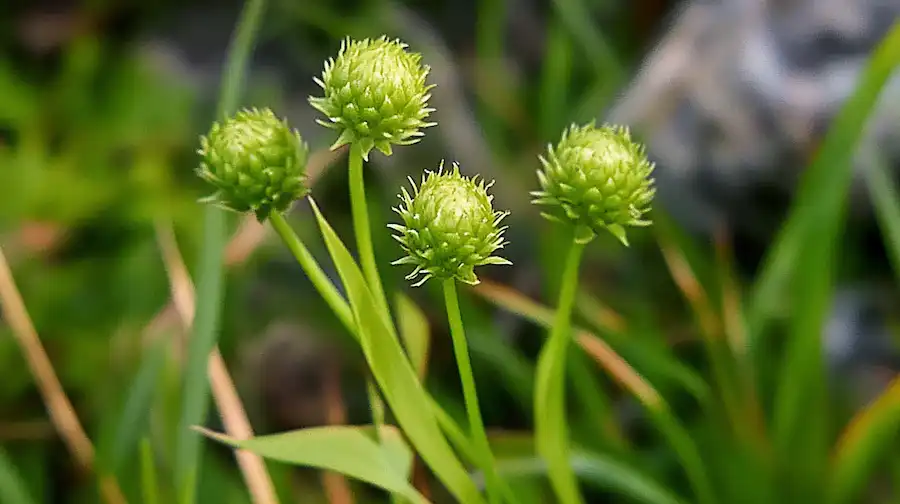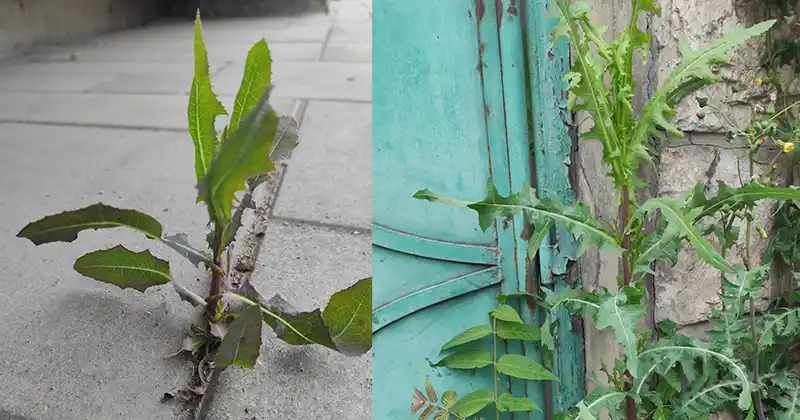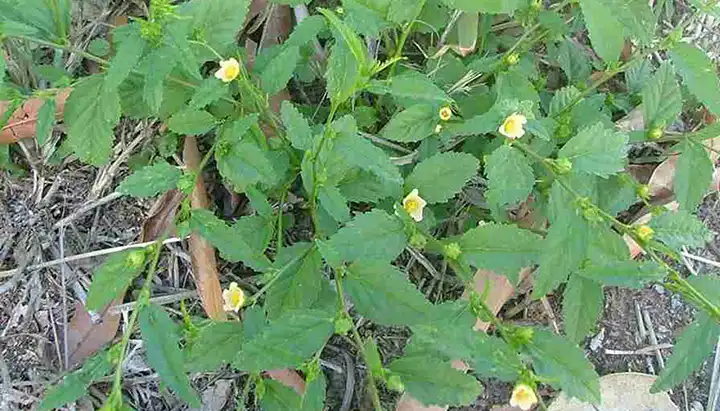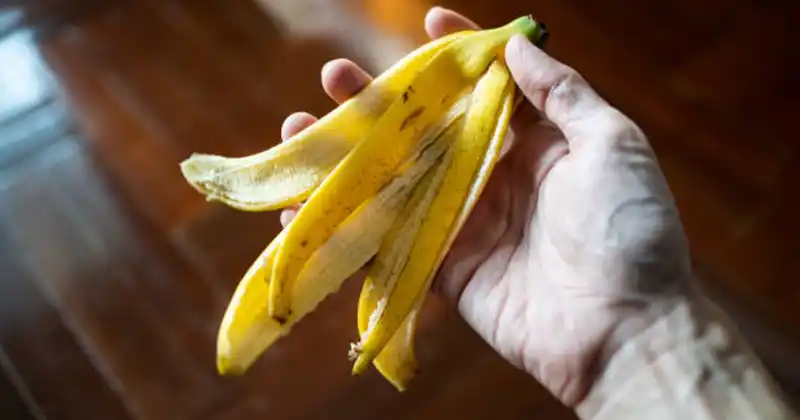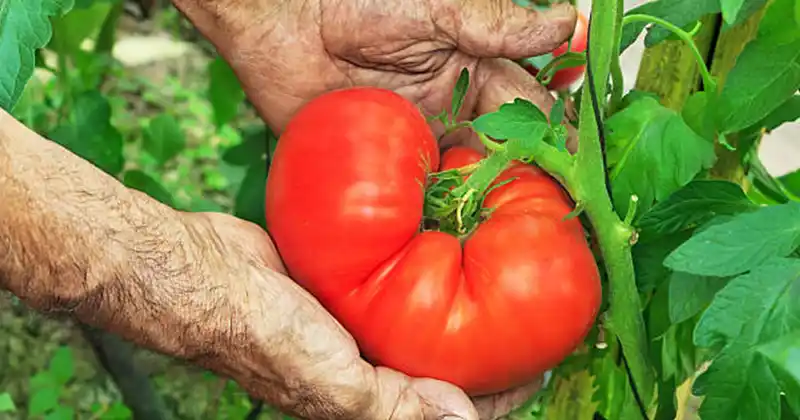9 Brilliant Uses for Pine Bark in Your Home and Garden
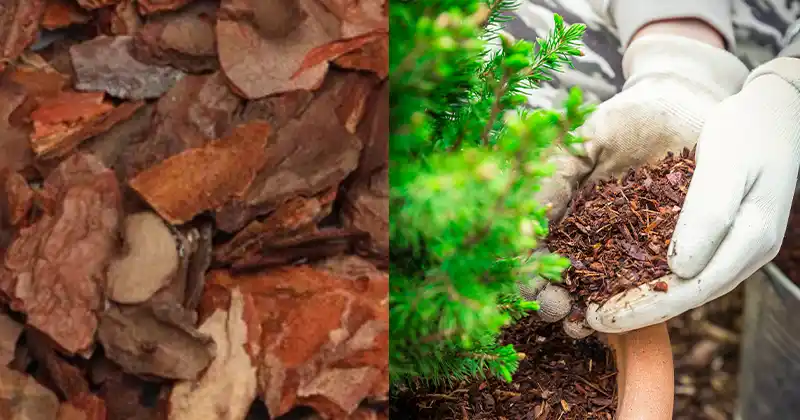
Pine bark, often seen as a mere byproduct of the timber industry, is a surprisingly versatile and sustainable resource. With its unique texture and natural properties, pine bark offers a wealth of creative possibilities for enhancing both your home and garden. From functional uses in landscaping to delightful culinary experiments, pine bark can be transformed into valuable assets. Here are nine inventive ways to integrate this natural material into your daily life:
- Natural Mulch for Your Garden: Utilizing pine bark as mulch is an excellent way to maintain a healthy garden. It helps retain soil moisture, reducing the need for frequent watering, and suppresses weed growth, saving time and effort in garden maintenance. As it decomposes, pine bark enriches the soil with organic matter, improving soil quality and fostering healthier plant growth. Additionally, its natural appearance adds aesthetic appeal to your garden beds, blending seamlessly with the outdoor environment.
- Homemade Potpourri: Create a delightful, forest-scented potpourri by combining dried pine bark with other natural elements like pine cones, dried flowers, and a few drops of your favorite essential oils. This homemade potpourri not only refreshes the air in your home but also serves as a charming, rustic decoration. Display it in decorative bowls or sachets around your home to enjoy a refreshing, natural fragrance that evokes the serene essence of a forest.
- Rustic Pathways: Pine bark chips can be used to create beautiful, rustic pathways in your garden. These pathways are not only aesthetically pleasing but also functional, providing a soft, cushioned surface that is gentler underfoot compared to gravel or stone. The natural appearance of pine bark pathways enhances the overall look of your garden, creating a cohesive, woodland-inspired landscape.
- DIY Soil Conditioner: Ground pine bark is an effective soil conditioner. When mixed with garden soil, it significantly improves soil structure by enhancing aeration and drainage. This makes it especially beneficial for potted plants or raised garden beds, promoting healthier root development and plant growth. Pine bark soil conditioner is particularly useful for plants that prefer acidic soil conditions.
- Crafting and Decor: Pine bark’s unique texture and natural beauty make it an excellent material for crafting and home decor. Use pine bark to create rustic picture frames, decorative wall art, or as an addition to floral arrangements. It can also be used in DIY projects like creating coasters, plant pot covers, or even as a base for mounting air plants. These pine bark crafts add a natural, earthy element to your home decor, bringing a touch of the outdoors inside.
- Protective Winter Insulation: In colder climates, pine bark mulch serves as an effective insulating layer for plant roots. Spreading a layer of pine bark around your plants in the fall can help protect them from freezing temperatures, maintaining a more consistent soil temperature and preventing frost heaving. This protective layer can be crucial for the survival of sensitive perennials and shrubs during harsh winter conditions.
- Composting Ingredient: Incorporating pine bark into your compost heap is a great way to balance the ‘green’ kitchen scraps and lawn clippings. Pine bark acts as a ‘brown’ material, adding bulk and aiding in the composting process. It helps create a more balanced and effective compost, leading to rich, nutritious soil that can be used to enhance your garden beds.
- Pine Bark Flour: Pine bark can be transformed into a nutritious and unique flour. After removing the outer bark, the inner, softer bark is cleaned, dried, and ground into a fine powder. This pine bark flour can be used in various recipes, from bread to pancakes, offering a distinct flavor and a boost in fiber and nutrients. It’s a wonderful way to experiment with traditional and natural food sources.
- Baking Pine Bark Cookies: Utilizing pine bark flour in baking opens up a world of rustic and flavorful culinary creations. One delightful use is in baking pine bark cookies. These cookies offer a unique, earthy taste, making them a novel addition to your homemade treats. Combine pine bark flour with your usual cookie ingredients, and feel free to experiment with nuts, chocolate chips, or dried fruits to enhance the flavor.

In conclusion, pine bark is more than just a byproduct of trees; it’s a resource brimming with potential. These nine creative applications showcase the versatility and eco-friendliness of pine bark, demonstrating how it can be used to enrich our homes and gardens in sustainable and innovative ways. Embracing pine bark in these various forms not only adds a touch of rustic charm but also promotes an environmentally conscious lifestyle.
Inspired by this? Share the article with your friends!